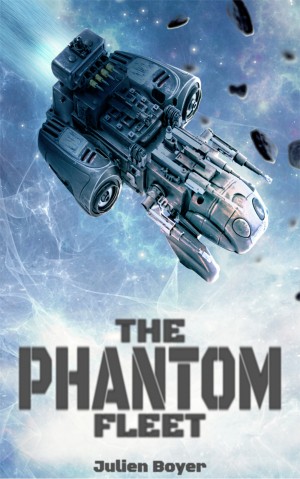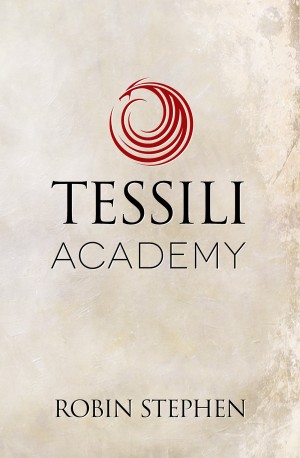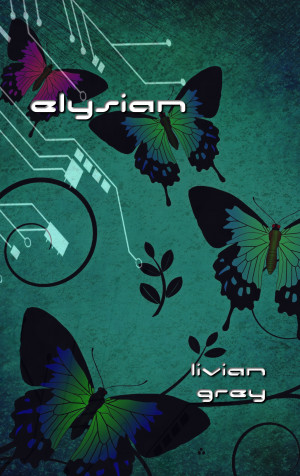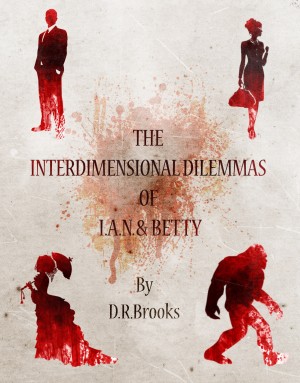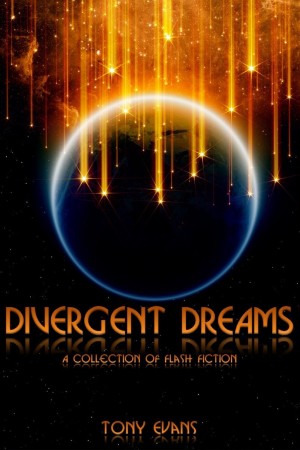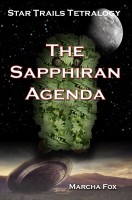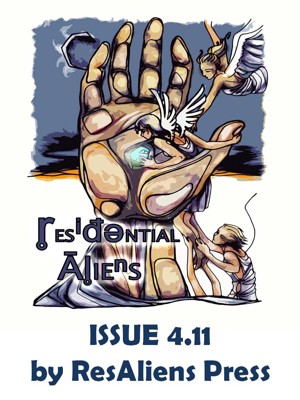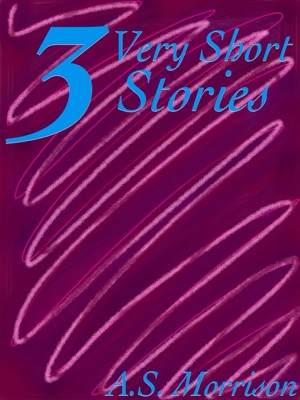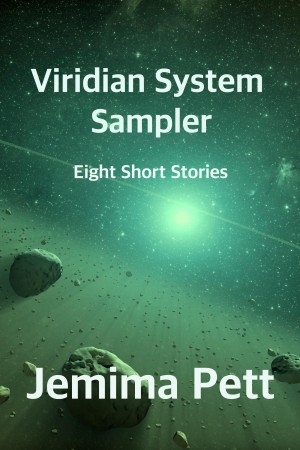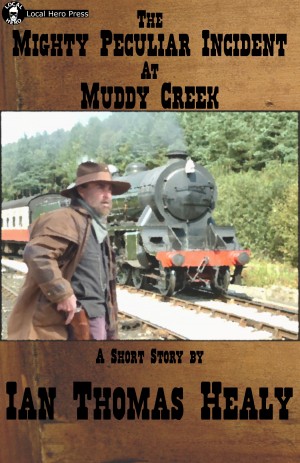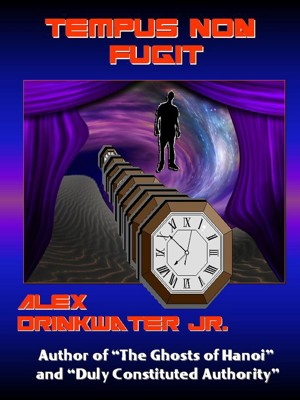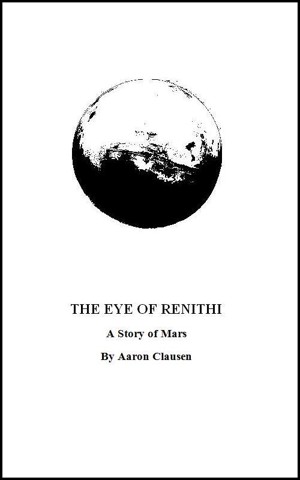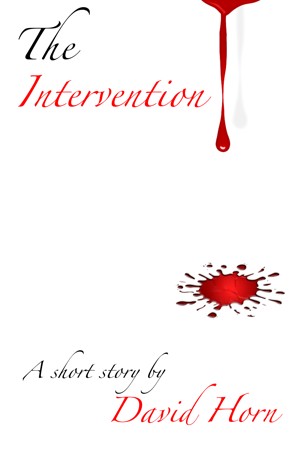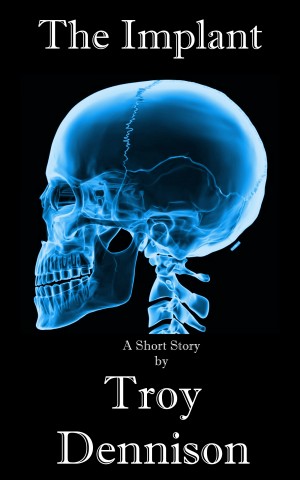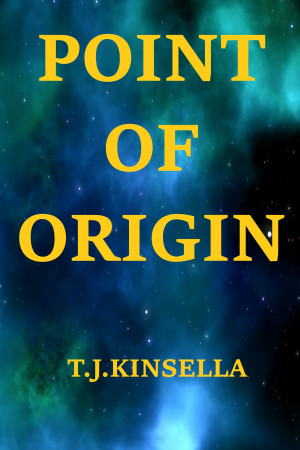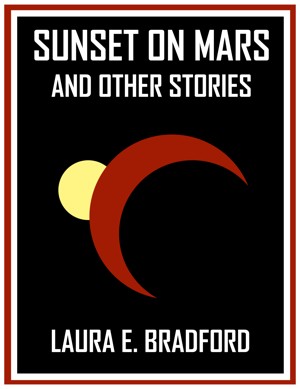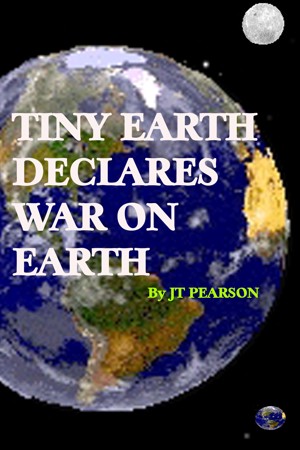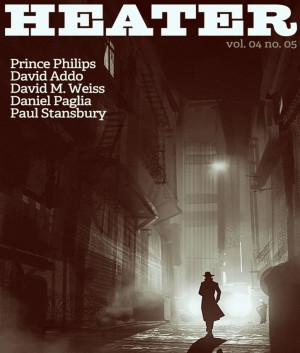Science Fiction | The Gollancz Book of South Asian Science Fiction | Tarun K Saint (editor)
⭐⭐⭐⭐ (I really liked it)
I have mixed feelings about this collection. To start with, I had high expectations. After all, stories set in the Subcontinent would be set in my daily milieu. Plus, they were science fiction. This is a genre that does not have much of a dedicated market in India, especially in English. So people like me have to cast a world-wide net, and rely on translations or English language publications. That is a separate essay, which I am not writing here.
The collection itself has different levels of writing. Some of them are such gems, I want to buy copies of the book and gift them around. Hence, overall, 4 stars (I really liked it). There are poems, also, and poetry is in the eye of the beholder, but again, some left me cold and some were my beamish boys.
But some of it is eye-rollingly disappointing. Especially the old historical stories in translation. Some of it is not science fiction. Sorry, Tarun K Saint and Manjula Padmanabhan, you included some stories because you liked them and because the writers perhaps write science fiction, but these were not the stories that are science fiction. I was forcibly reminded of a hoity-toity reviewer of a Terry Pratchett book (which the publisher’s found fit for weird reasons to add as a blurb) which described him as ‘one of the premier satirists’ of the day. I remember reading that, curling my lip and muttering, No, no, and again no, buddy, you’ve missed the whole point. Certainly, some science fiction makes satirical points. But if that’s the primary aim, it dates fast and horribly, and the gruesome remains are turned over by foresters while holding their noses and poking about in the ruins. And there are usually not too many arguments about which animal’s scat and/or remains are being turned over, though some may recall seeing the beast in the wild with fond nostalgia. And yet, I feel reluctant to dismiss some of the pieces just because they are not science fiction, because some of these pieces are such extremely good satire. I guess the editors felt the same tug, so I’ll provisionally forgive them.
So, to the story-by-story. (Only because there is a limit on the number of tags I can put on a post, shall I split this into two or more posts).
Foreword: Spice-ship to Infinity by Manjula Padmanabhan
In which one of the most famous names in this collection brings us fascinating historical tidbits, ponders inclusivity, voice and cultural references, and reaches unhappy conclusions on the perils of compromise and marketing pressures.
Introduction: SF Matters: South Asian Futures to Come by Tarun K Saint
This is almost a literary thesis, with no less than 91 footnotes, and brings us a doubtless difficult-to-write yet concise summary of South Asian sci fi, set in context both in time and space (the whole world).
Planet of Terror by Adrish Bardhan (translation)
One of the mistakes that anthology planners make is to start with a historical piece, the oldest one they can get hold of. This is a very light piece, it reminds me of sci fi that I used to read in
Children’s World when I was a kid (I’m not knocking the magazine; it’s still the best kids’ magazine in the world; their monthly round-up of current affairs is the utmost neutral and accurate news summary on the planet, that alone is worth the subscription price). But this kind of fantastic story is now a done-to-death trope, and has no freshness any more.
Inspector Matadeen on the Moon by Harishankar Parsai (translation)
This is one of the prime examples of satire that has dated badly. In 1985, the angst and black humour of Jane Bhi Do Yaaro (the movie) was still fresh and the flavour of the month. This Inspector Matadeen story is a walk down that dystopian lane, harsh, cruel almost, satirical and over the top.
Stealing the Sea by Asif Aslam Farrukhi
This is a mood piece, a slice-of-life look at instant crowds in urban India and the stereotypical people who populate them. Withal, it’s slightly cli-fi (climate change fiction) which is the token sci fi theme making an appearance, a take on present day urban systems, and has a sad ending.
By this point, I was seriously wondering what I’d got myself into.
Chernobyl by Somendra Singh Kharola
A long poem or a short opinion with its starting point as Chernobyl, a trek across cultures, and an end that is a question mark. I’m not sure I like it, or that I will remember it years from now, though some lines have great power. YMMV.
The Sea Sings at Night by Mimi Mondal
Thank goodness for this story, otherwise, I would have shut the book and missed some of the wonders to come. This is about a narrator who loves one of the sea folk (that hunt for the sea fauna that “Mumbai is teeming with”). A compassionate look at holding on and letting go, at assimilation and maintaining one’s culture in the face of immense social pressure, at love and the residue of loss, at being an alien in the Big City.
And at this point, I press Pause, and start a fresh post for the rest of the stories in this collection.
...End of Part 1...
 The economics, as in all space opera, makes little sense. People zip between planets like they'd zip between cities on Earth, the major population centres on whole planets are as tiny as 30,000. Come on, we have villages in my country which are bigger than that! There are whole planets run by mafias.... but then, that's why it's space opera, right? And this one is quite well done.
The economics, as in all space opera, makes little sense. People zip between planets like they'd zip between cities on Earth, the major population centres on whole planets are as tiny as 30,000. Come on, we have villages in my country which are bigger than that! There are whole planets run by mafias.... but then, that's why it's space opera, right? And this one is quite well done.
 The economics, as in all space opera, makes little sense. People zip between planets like they'd zip between cities on Earth, the major population centres on whole planets are as tiny as 30,000. Come on, we have villages in my country which are bigger than that! There are whole planets run by mafias.... but then, that's why it's space opera, right? And this one is quite well done.
The economics, as in all space opera, makes little sense. People zip between planets like they'd zip between cities on Earth, the major population centres on whole planets are as tiny as 30,000. Come on, we have villages in my country which are bigger than that! There are whole planets run by mafias.... but then, that's why it's space opera, right? And this one is quite well done.















